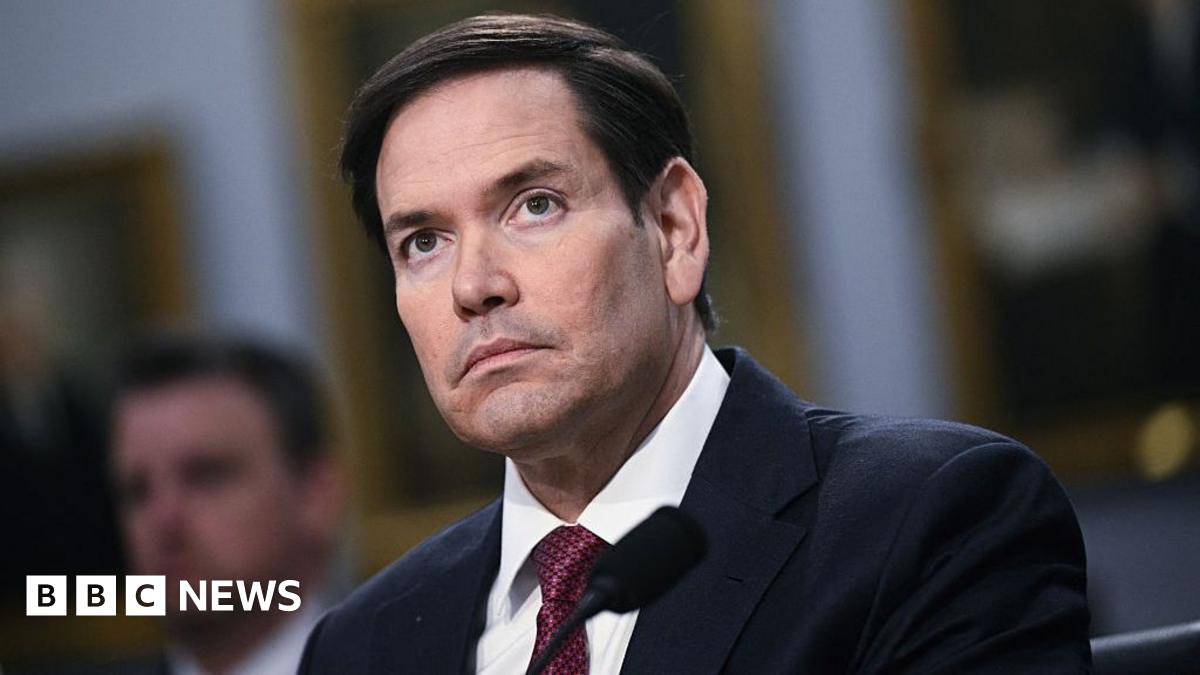AS Warns ICC: Sanctions Loom for Judges Over Israel and US Investigations

Washington, D.C. – In a significant escalation of tensions with the International Criminal Court (ICC), U.S. Secretary of State Marco Rubio has announced that the State Department will impose sanctions on four ICC judges. The move comes as a direct response to the ICC’s recent decision to seek arrest warrants for senior Israeli officials, a move the U.S. views as an “illegitimate targeting” of both Israel and the United States.
This action signals a deepening rift between the U.S. and the ICC, an institution the U.S. has long been critical of. The sanctions, which are expected to take effect soon, will restrict the ability of the targeted judges to access the U.S. financial system and travel to the United States. The specific details of the sanctions are still being finalized, but the message is clear: the U.S. strongly opposes the ICC’s investigations into actions by Israeli and American personnel.
“We firmly believe that the ICC’s focus on Israel and the United States is unwarranted and undermines international efforts to promote justice,” Secretary Rubio stated in a press conference. “These sanctions are a necessary step to protect our national interests and to deter the ICC from pursuing politically motivated investigations.”
The ICC’s decision to seek arrest warrants for Israeli officials stems from an investigation into alleged war crimes committed in the Palestinian territories. The investigation has been highly controversial, with Israel and its allies vehemently denying any wrongdoing and accusing the ICC of bias. The U.S. has consistently echoed these sentiments, arguing that the ICC lacks jurisdiction over the situation.
This isn’t the first time the U.S. has taken action against the ICC. Previous administrations have imposed similar measures, including restrictions on foreign aid to countries that cooperate with the ICC. The Trump administration went even further, imposing sanctions on ICC officials involved in investigations that could affect U.S. personnel.
The sanctions are likely to further complicate the already fraught relationship between the U.S. and the ICC. Critics argue that the sanctions are an attempt to intimidate the ICC and to shield Israel from accountability for its actions. Supporters of the sanctions, however, maintain that they are necessary to protect U.S. sovereignty and to prevent the ICC from overstepping its mandate.
The situation remains fluid, and the long-term consequences of this latest action are yet to be seen. However, one thing is certain: the U.S. is sending a strong message that it will not tolerate what it perceives as interference in its national interests by the International Criminal Court. The case highlights the ongoing tension between international justice and national sovereignty, and the complex challenges of holding powerful nations accountable for their actions on the world stage.






